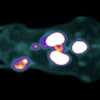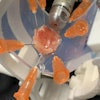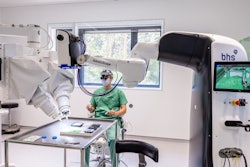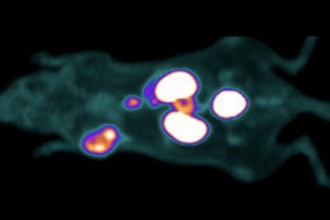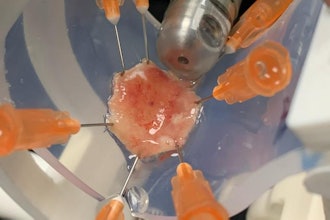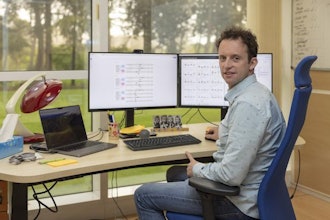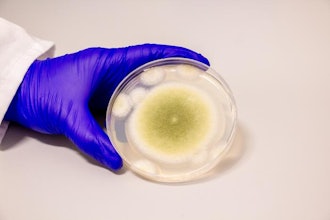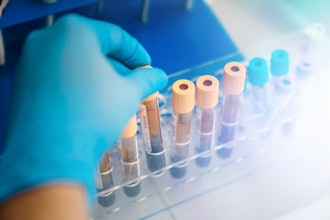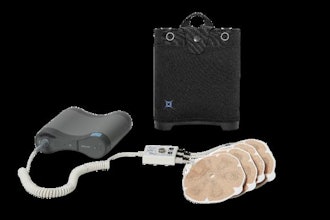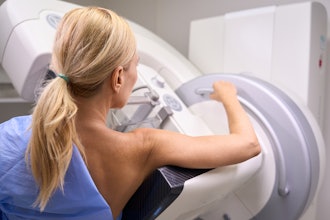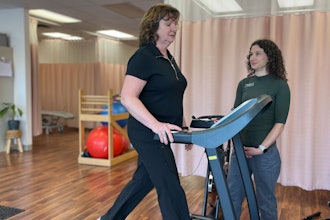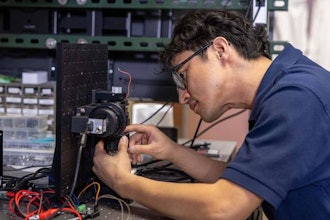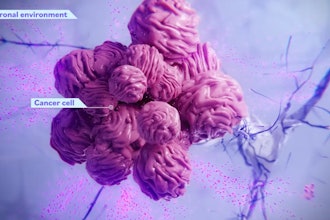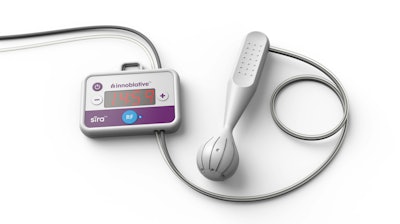
Innoblative Designs, a private medical device company addressing clinical unmet needs for patients with breast cancer, announced today that it received Breakthrough Device Designation from the U.S. Food and Drug Administration (FDA) for the company's SIRA RFA Electrosurgical Device (SIRA).
The SIRA device is intended for use in breast cancer patients undergoing BCS, commonly referred to as lumpectomy. Data supporting the breakthrough device designation will be presented at the 24th Annual Meeting for The American Society of Breast Surgeons in Boston, MA on April 26-30, 2023.
"The SIRA technology is an exciting advancement in the treatment of breast cancer as it is designed to allow surgeons to address potential residual cancer in the lumpectomy cavity at the time of the initial procedure," commented Dr. Thomas Frazier, Medical Director, Comprehensive Breast Center at Bryn Mawr Hospital in Pennsylvania. "Designed to augment the lumpectomy procedure, the SIRA device aims to reduce the need for reoperations."
Radiofrequency (RF) ablation has been shown in multiple long-term clinical studies to reduce reoperations and may reduce local recurrence in breast cancer treatment. However, conventional RF devices are not optimized to treat lumpectomy cavities and can lead to variable treatment depths and incomplete ablations. Innoblative's SIRA device has a unique spherical shape that circumferentially delivers RF energy to the entire cavity and yields reproducible ablation depths to provide greater confidence of a consistent thermal effect.
"Receiving a breakthrough designation is a significant achievement and I congratulate the team for their efforts to reach this important milestone," said Richard Stark, CEO of Innoblative. "We believe the SIRA will be a game changer in BCS for breast cancer and we look forward to bringing this important technology to cancer patients."

